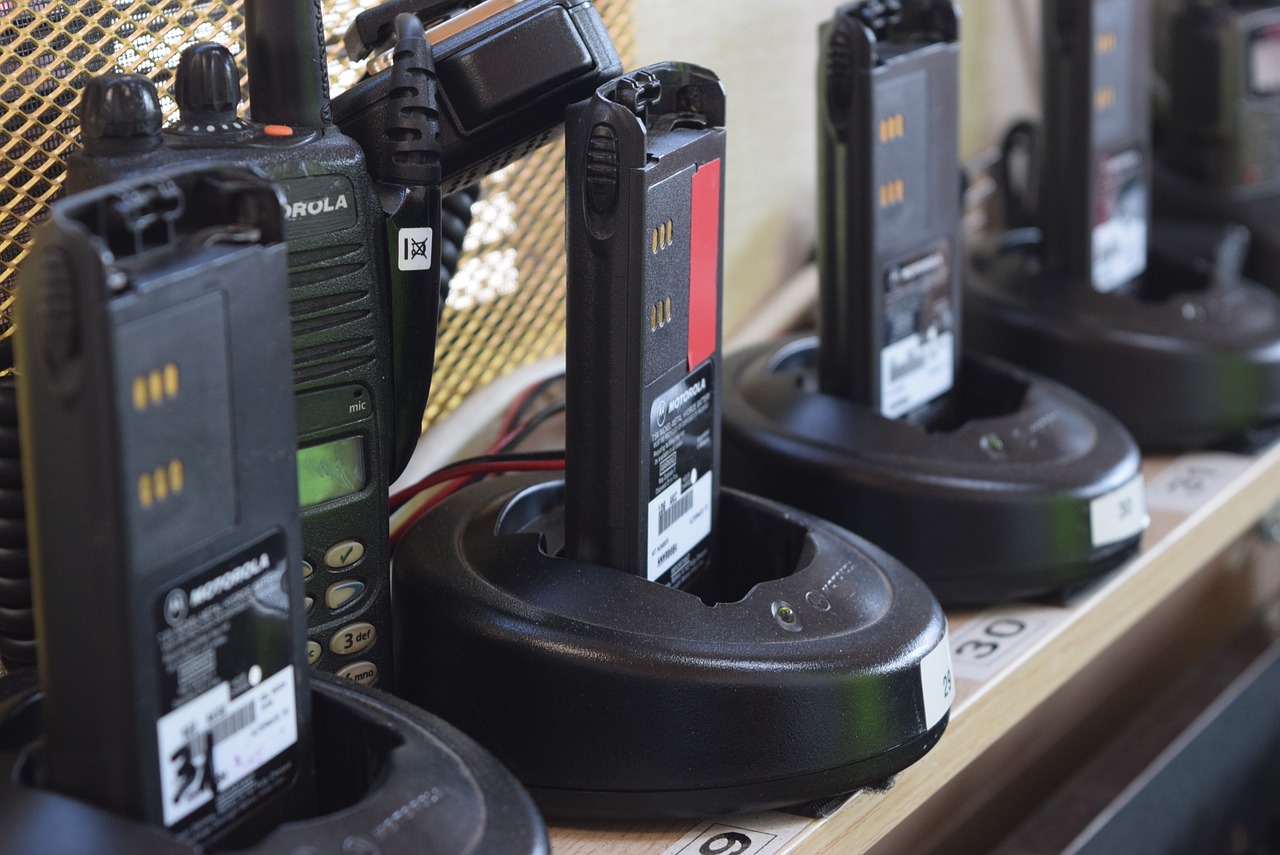Many people who are planning a communication system for their business or building tend to get confused about choosing between the intercom and walkie-talkie system. Here is a list of differences between the two, to help you decide.
- Mobility: The biggest point of difference between an intercom and a walkie-talkie system is the mobility of the entire system as well as some terminals. The entire intercom system is a fixed one, generally in a building or in a complex of buildings, because it runs on cables. In the case of walkie-talkies, the entire system is wireless and relies on radio waves. As a result, mobility comes very easily to them. Everyone can simply pick up their device and move to a new place. You can easily get long-range walkie-talkies but no such intercom equivalent is available.
- Ease of Deployment: Deployment of the system is where walkie-talkies have a clear advantage over intercom systems. Intercom systems require you to deploy the exchange system, run cables everywhere and then install endpoint instruments. All this can take days if not weeks. With a walkie-talkie, you can start by just buying two radios and tuning them to matching frequencies. Adding long-range walkie-talkies is also very cheap whereas any such addition to an intercom will cost thousands of quids.
- Adding points of communication: Adding a point of communication is much easier in walkie-talkies is than intercoms. For a walkie-talkie, you can easily buy a new device, tune it in your frequency and you are good to go. For new points in the intercom, you will have to run cables to a new location which is very difficult and expensive. This provides a significant advantage to walkie-talkies.
- Systems Management: Systems management in an intercom system is generally centralized because almost all terminals connect to a central exchange for communication. Having a personal exchange has both advantages and challenges. The advantage is that the entire system can be managed centrally. The challenge is that failure of central exchange impacts the entire intercom system. Snapped cables also plague intercoms. Walkie Talkies are peer to peer system and thus there is no single point of failure.
- Feature set: An intercom system is very limited in its feature set. Commonly intercom systems provide only voice-based communication. A Walkie Talkie on the other hand has a wider feature set. Some advanced walkie-talkie devices provide text messaging and emergency alert features.
- Security: The walkie-talkies use very strong encryption which makes communication much safer than any intercom system.




